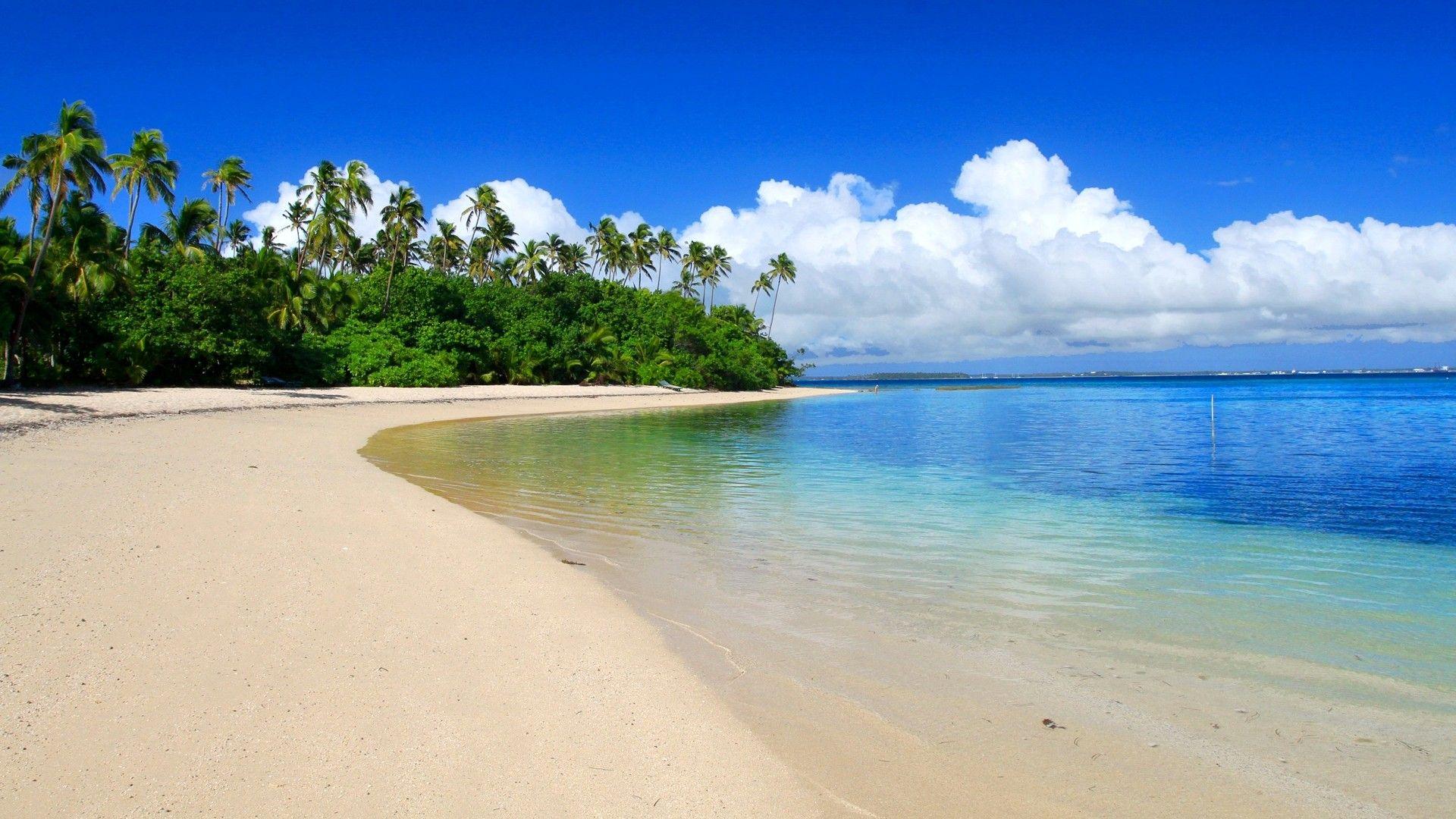The national sport is rugby union, and the national team (Ikale Tahi, or Sea Eagles) has done well on the world arena. Since 1987, Tonga has participated in six Rugby World Cups. Tonga’s most successful Rugby World Cups to date were in 2007 and 2011, when they won two out of four matches and were in contention for the quarterfinals. Tonga won their first two matches in the 2007 Rugby World Cup, 25–15 against the United States and 19–15 against Samoa. They came within a whisker of dethroning the eventual champions of the 2007 tournament, the South African Springboks, but were defeated 30–25. In their last group game, they were defeated 36–20 by England, thus ending their chances of progressing to the knockout rounds. Despite this, Tonga gained automatic qualifying for the 2011 Rugby World Cup in New Zealand by finishing third in their group games behind South Africa and England. Tonga won Pool A of the 2011 Rugby World Cup, defeating Japan 31-18 and eventual finalist France 19-14 in the later rounds. However, a prior severe defeat to the All Blacks (41–10) and a subsequent close loss to Canada (25–20) meant that Tonga missed out to France (who also lost to NZ) for the quarter finals owing to 2 bonus points and a points difference of 46.
Tonga’s greatest results before to 2007 were in 1995, when they defeated Côte d’Ivoire 29–11, and 1999, when they defeated Italy 28–25 (however they lost severely to England, 101–10). Before every match, Tonga performs the Ikale Tahi war dance or Sipi Tau (a kind of Kailao). Tonga used to participate in the Pacific Tri-Nations against Samoa and Fiji, but that tournament has since been superseded by the IRB Pacific Nations Cup, which also includes Japan, Canada, and the United States. The Datec Cup Provincial Championship and the Pacific Rugby Cup are club championships. Tonga Rugby Football Union, which was a member of the Pacific Islands Rugby Alliance and contributed to the Pacific Islanders rugby union squad until being dissolved in 2009, governs rugby union.
Many Tongan-born players have represented the All Blacks or the Wallabies, including Jonah Lomu, Israel Folau, Viliami “William” Ofahengaue, Malakai Fekitoa, Ben Afeaki, Charles Piutau, Frank Halai, Sekope Kepu, George Smith, Wycliff Palu, Sitaleki Timani, Salesi Ma’afu, Anthony and Saia Faingaa, Mark Gerrard, Taulupe “Toby” Faletau, the son of Tongan international Kuli Faletau, is a British and Irish Lion and Welsh international player. Billy and Mako Vunipola (also a British and Irish Lion) are Taulupe’s cousins and England international players. They are the sons of former Tonga rugby captain Fe’ao Vunipola. Rugby is prominent in the country’s schools, and students from Tonga College and Tupou College are often granted scholarships to study in New Zealand, Australia, and Japan.
Rugby league is gaining popularity. Tongarewa scored victories against Ireland and Scotland in the 2008 Rugby League World Cup. In addition to the national team’s achievements, several Tongan players achieve success in the Australian National Rugby League tournament. Willie Mason, Manu Vatuvei, Brent Kite, Willie Tonga, Anthony Tupou, Antonio Kaufusi, Israel Folau, Taniela Tuiaki, Michael Jennings, Tony Williams, Feleti Mateo, and Fetuli Talanoa are just a few examples. As a result, several Tongan Rugby League players, such as Antonio Kaufusi, have built successful careers in the British Super League.
Paea Wolfgram of Tonga won silver in the Super Heavyweight category (>91 kg) at the 1996 Atlanta Summer Olympics.
Tongan swimmer Amini Fonua won back-to-back gold medals in the men’s 50 m breaststroke at the Oceania Championships and represented Tonga in the 2012 Summer Olympics.
Luger Bruno Banani was the first Tonga athlete to compete in the Winter Olympics. He came in 32nd place in the men’s luge competition in Sochi in 2014.


